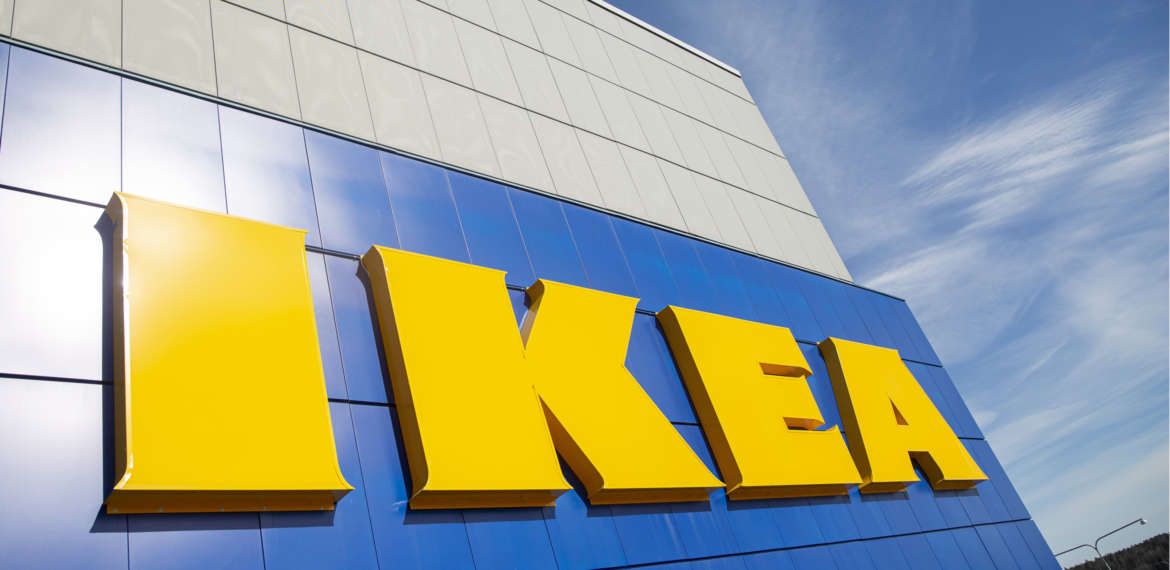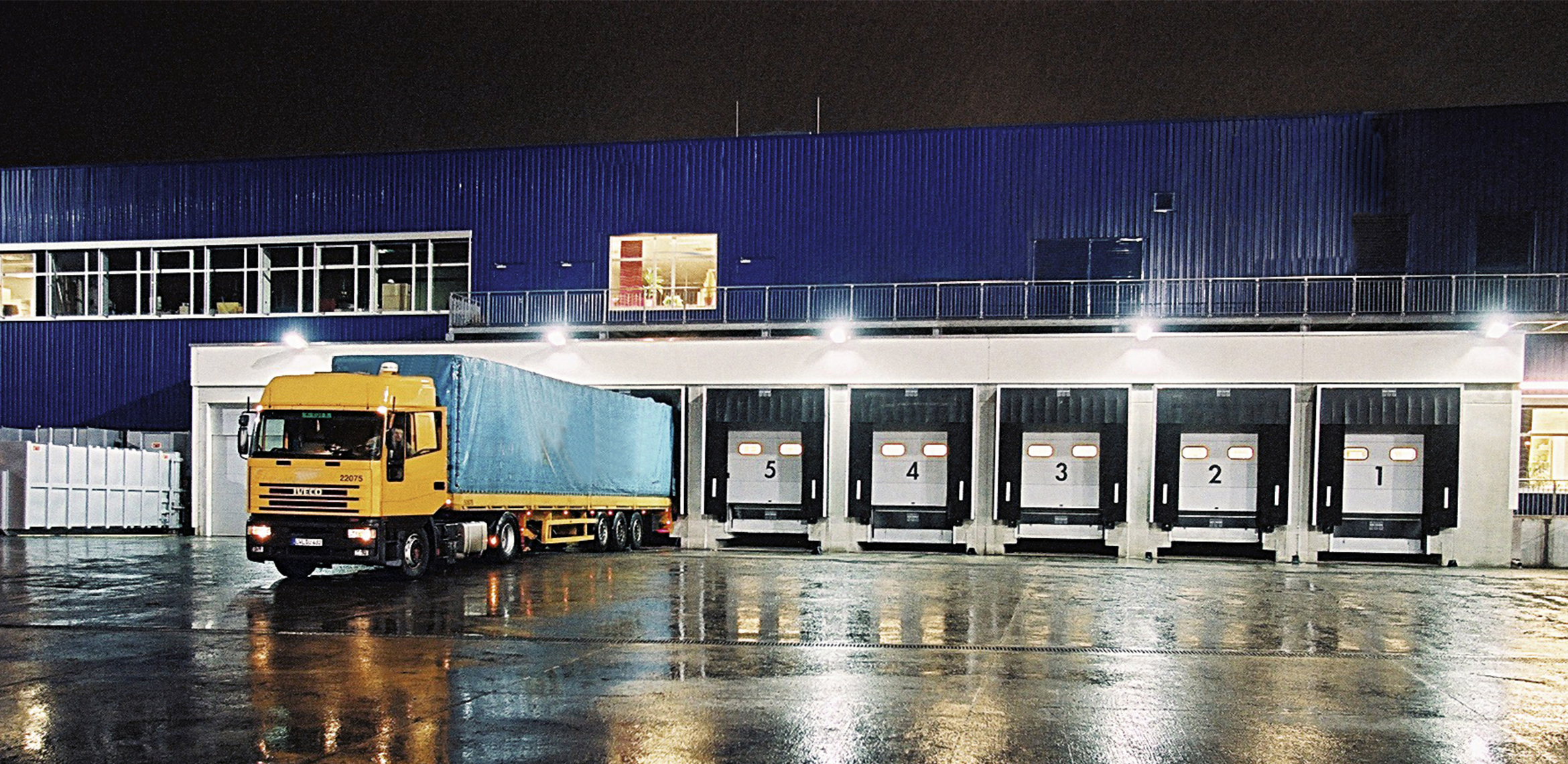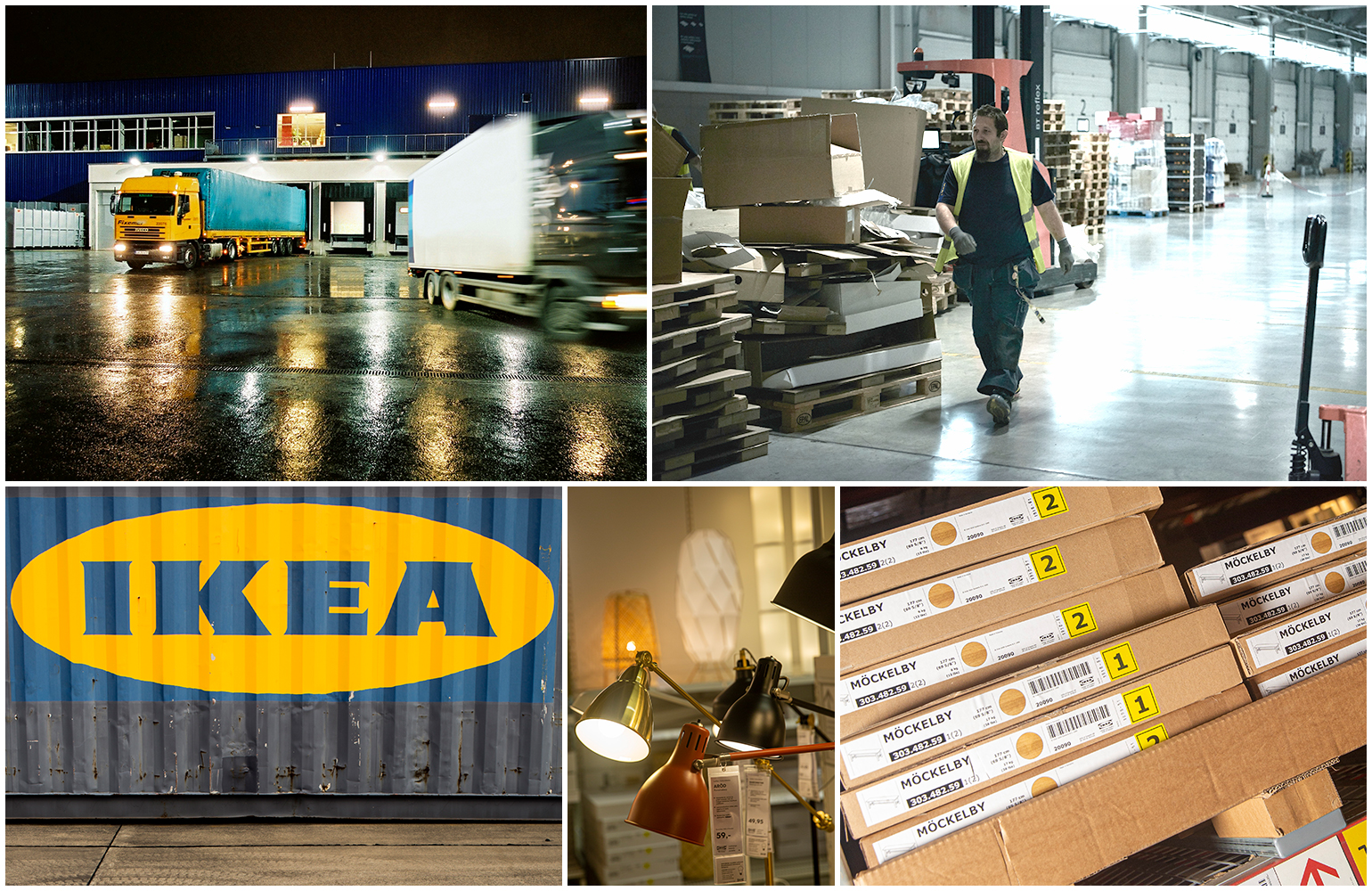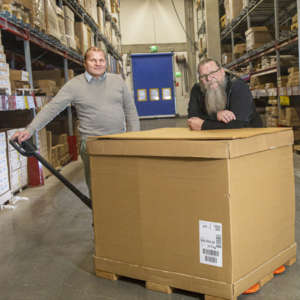Logistics plays a key role in the design of Ikea’s products – Port of Turku is an important gate for the interior decoration giant’s Finland-bound cargo
As a small country, Finland is an ideal location for Ikea for piloting new logistics solutions. Sustainable development is increasingly emphasised in the choices made by the globally operating company.

Ikea is one of the best-known interior decoration brands in the world which has taken its stores painted with Sweden’s colours to nearly all continents. Founded in the early 1940s by Ingvar Kamprad, the company currently has around 400 stores around the world.
The company’s logistics naturally comprise a huge global puzzle and network. Ikea’s inexpensive but high-quality products are shipped to central warehouses and stores by a total of over one thousand suppliers.

The products to the six Ikea units in Finland come from the two central warehouses in Sweden and e.g. from Poland and Germany. A marginal share of the goods are sent directly by suppliers in Asia.
”Sweden accounts for around 30–35 per cent of the total volume of the products shipped to be sold in Finland. As much as two-thirds of that volume is imported through the ports of Turku and Naantali”, says Juha Taskinen, Customer Fulfillment Manager at Ikea Finland.
”The shipments from Poland come directly to Helsinki, while those from Germany go either to Hanko or Helsinki, depending on the situation. The essential thing is to keep the delivery time short. That’s really important to us.”
Trusted transport companies secure capacity
Ikea’s stores are generally located next to ring roads. Juha Taskinen stresses that the company continuously follows the changing consumer behaviour of the customers. The pick-up points planned in central areas of big European cities are an indicator of that development.
It is still a key thing, however, that logistics to the stores work faultlessly, so that the shelves are full when the first customers come shopping in the morning.
”We couldn’t manage in a situation in which the products would be delivered at some undetermined time. We see to it carefully that the process works internally. On average some ten truckloads are unloaded at our Finnish stores every day. It all needs to be completed by opening in the morning”, says Tero Järvinen, who is responsible for Ikea Finland’s operative functions.
According to Tero Järvinen, Ikea uses in its logistics “six or seven” transport companies with which the co-operation works faultlessly. Sea transports are also organised with different shipping companies as per need and case by case.
”All logistics services are outsourced. By using several companies we can always secure enough capacity. Ikea is really quite an international network. The sender is responsible for transports, but we assume responsibility when the shipment arrives in Finland”, Juha Taskinen says.
”Of course there are sometimes delays with such volumes. But it is important that we are informed about them on time. At present we are very satisfied with the way the system works with the transport companies.”

Backbone for the price and ecological products
Ready-to-assemble furniture is the most typical characteristic of Ikea. The company has also developed its products with a view of keeping empty space to a minimum in transports. Tero Järvinen and Juha Taskinen say that logistics is the backbone for the total price of the products in Ikea.

”It is planned already in product development how the products can be packed and shipped efficiently. In sea transports we only use High Cube Containers and fibreboard pallets to avoid unnecessary return shipments”, Tero Järvinen says.
Sustainable development is currently one of the five basic principles of Ikea’s products, and the importance of ecological aspects is being emphasised everywhere. In addition to sustainable production of cotton and wood, the company also pays attention to the recyclability of the products – and of course transports.
”Ikea has a plan to use electric-powered vehicles exclusively for all home deliveries in the future. They are already being piloted in five big cities, one of which is Shanghai. The system will be gradually spread elsewhere, too, once we find the right concept”, Tero Järvinen says.
”Finland has a beneficial position in Ikea’s world, as such a small country is suited for testing new solutions. We introduced fibreboard pallets in the shipping of customer orders as the first in the world. In Finland, here will be able to discard wooden and metal pallets completely in the near future”, Juha Taskinen says.
Text: Jaakko Mikkola
Photos: Robert Seger and Ikea
